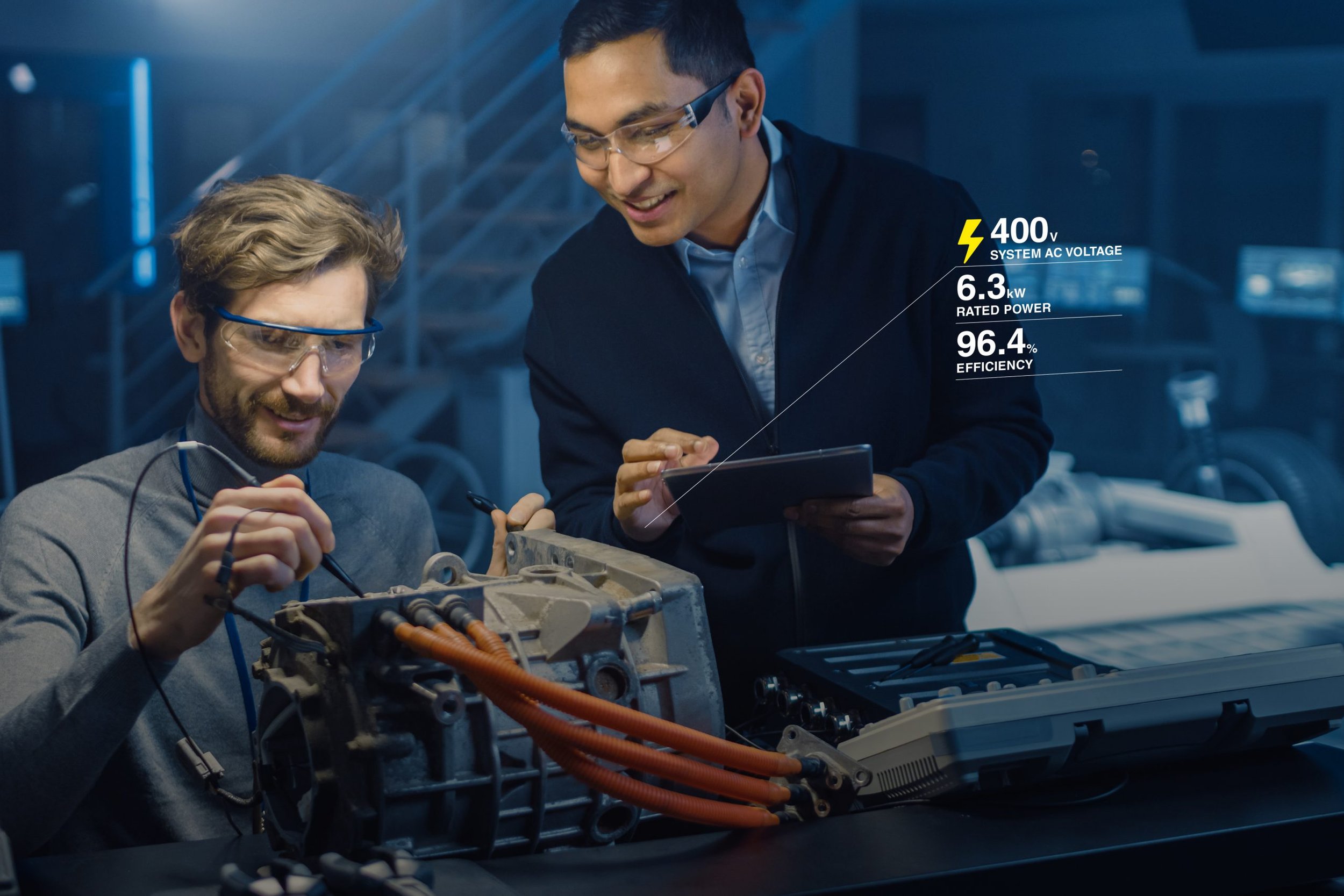The Benefits Of Using An Accredited Calibration Lab
Unlike laboratories without an accreditation certificate, accredited labs live, breathe and eat maintenance. Through proficiency tests and internal checks, accredited laboratories are continually being assessed to ensure they stay within ISO 17025 standard. It is important to note that not all unaccredited laboratories are equal, therefore not all calibrations are equal. This is why choosing an accredited calibration lab is crucial; it will automatically guarantee accuracy of calibrations.
Do We Need To Calibrate Our Vibration Controller Unit?
Do we need to calibrate our vibration controller unit? In order to answer this, let's try to slightly move backward to remember the role that is played by the vibration controller in a vibration testing system. To run a vibration testing, we need to set our test specification (demand) at the vibration control software and let the vibration controller to control the rest. A feedback sensor will send feedback signal. And based on this feedback signal, vibration controller will adjust the drive signal to make the actual vibration signal aligned with the test specification.
Strain, An Important Aspect of Durability Analysis
Strain gauge can be briefly described as sensor that can measure the strain value (unitless) of structure that is being subjected to specific loading. Strain gauge works based on change of sensor element resistance (resistive based sensor). By using Wheatstone bridge, this resistance change will be converted to voltage and read by data acquisition system.
Various Types of Calibration
Calibration is the comparison of measurement results provided by a device under test with those of a calibration standard of established accuracy in measurement technology and metrology. some of the most frequently performed types of calibration are Pressure Calibration, Temperature Calibration, Flow Calibration, Pipette Calibration, Electrical calibration, and Mechanical calibration.




